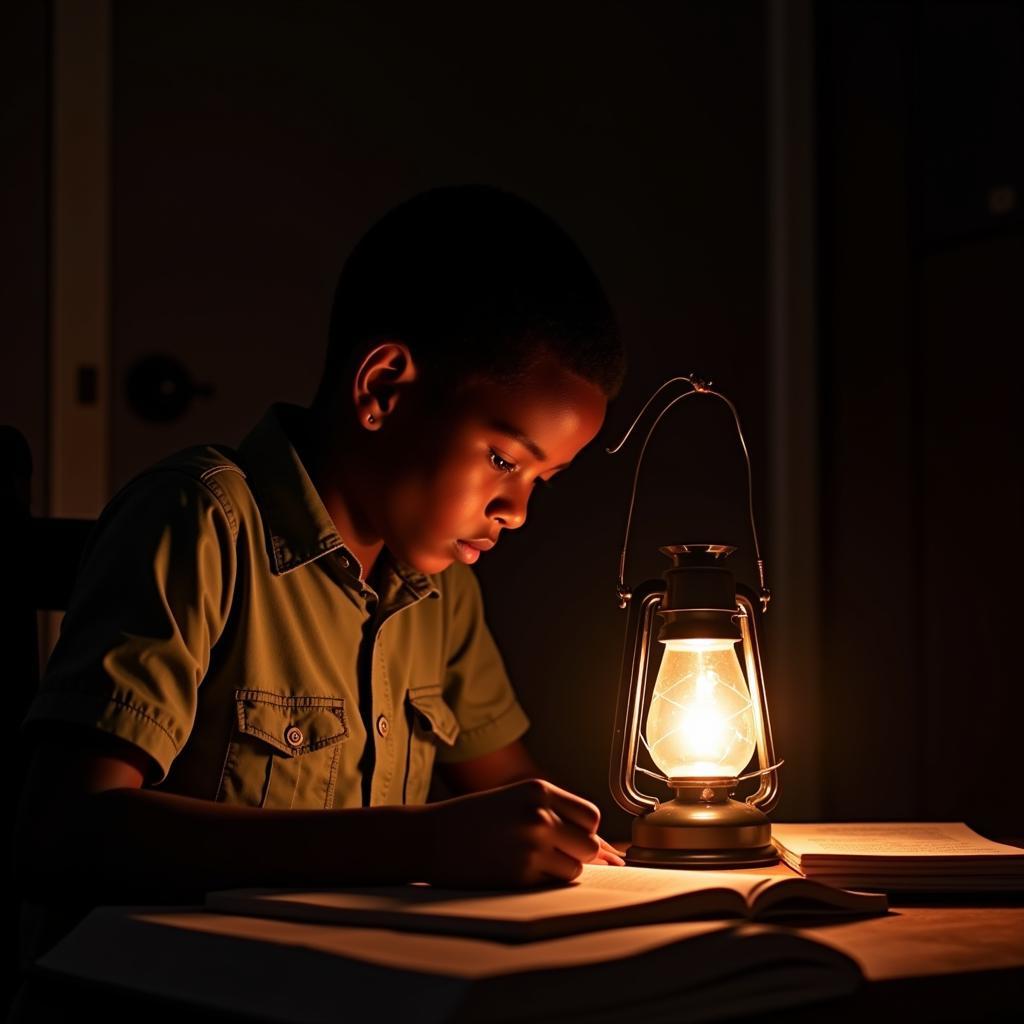African Kingdoms in Deccan: A History of Influence and Power
The Deccan plateau in India, with its rich history and strategic location, has witnessed the rise and fall of numerous empires. Among these, the influence of African Kingdoms In Deccan is a fascinating yet often overlooked chapter. This article delves into the presence and impact of African dynasties, exploring their contributions to the political, social, and cultural landscape of the region.
African rulers, soldiers, and traders began arriving in India centuries ago, integrating into the existing power structures and eventually establishing their own kingdoms. Their arrival was facilitated by various factors, including trade routes across the Indian Ocean and the demand for skilled warriors. These individuals, often referred to as Habshis or Sidis, rose through the ranks, demonstrating military prowess and administrative acumen.
The Rise of African Dynasties in the Deccan
Several notable African kingdoms emerged in the Deccan, marking a significant era of African influence. These kingdoms weren’t merely outposts but rather sophisticated political entities that played a pivotal role in shaping the region’s destiny. They actively participated in diplomatic relations, engaged in warfare, and fostered economic growth.
The Bijapur Sultanate and its African Elite
The Bijapur Sultanate, one of the five Deccan sultanates, provides a compelling example of African leadership. Several prominent figures of African descent held positions of power within the sultanate, contributing significantly to its military strength and administrative efficiency. They were instrumental in shaping the political landscape and influencing the sultanate’s policies.
One such figure, Malik Ambar, is a particularly notable example. Originally from Ethiopia, Malik Ambar rose from slavery to become a powerful regent of the Ahmadnagar Sultanate in the early 17th century. His military reforms and guerrilla warfare tactics proved highly effective against the Mughal Empire. He also introduced revenue and administrative reforms that stabilized the region and promoted prosperity.
Another powerful African figure in the Deccan was Ikhlas Khan, who served as a general and later became the ruler of Bijapur. His reign exemplified the integration of African rulers into the existing political fabric of India. He contributed to the growth and stability of the kingdom through strategic alliances and effective governance.
Beyond Bijapur: African Influence Across the Deccan
The influence of African kingdoms in Deccan wasn’t confined to Bijapur. African rulers and communities established their presence in other parts of the region, including Golconda and Ahmadnagar. They played a crucial role in the political dynamics of these regions, often acting as kingmakers or wielding significant influence within the ruling courts.
Cultural Contributions and Legacy
The African kingdoms in Deccan didn’t just contribute to the political landscape; they also left a lasting mark on the region’s culture. Their influence can be seen in architecture, music, and social customs. This cultural exchange enriched the Deccan’s heritage, creating a unique blend of African and Indian traditions.
For instance, the introduction of the Deccani language, a blend of various languages including Arabic, Persian, and local Indian languages, is attributed to the influx of diverse communities, including Africans. This language became a prominent medium of communication and literary expression in the region.
“The African presence in the Deccan wasn’t merely a historical footnote; it was a dynamic force that shaped the region’s identity,” states Dr. Amina Omar, a renowned historian specializing in African diaspora studies.
Conclusion
The story of African kingdoms in Deccan is a testament to the interconnectedness of cultures and the significant contributions of African communities to India’s history. Their influence extended beyond political power, impacting the social fabric and cultural landscape of the region. Understanding this often-overlooked chapter is crucial to appreciating the rich and diverse tapestry of Indian history. Further exploration of this topic will undoubtedly reveal even more fascinating insights into the historical interactions between Africa and India.
FAQs
- What is the origin of the term Habshi?
- Who was Malik Ambar?
- What were the major African kingdoms in the Deccan?
- How did African rulers gain power in the Deccan?
- What is the cultural legacy of the African presence in the Deccan?
- What were the main economic activities of the African communities in the Deccan?
- What resources can I use to learn more about this topic?
African Elites in India Habshi Amarat provides a deeper dive into this fascinating topic. We encourage further exploration to fully appreciate the rich history of African influence in the Deccan.
Do you have other questions? Check out our related articles on African history and Indian history for more information.
When you need assistance, please contact us via Phone: +255768904061, Email: kaka.mag@gmail.com or visit our address: Mbarali DC Mawindi, Kangaga, Tanzania. We have a 24/7 customer service team.

